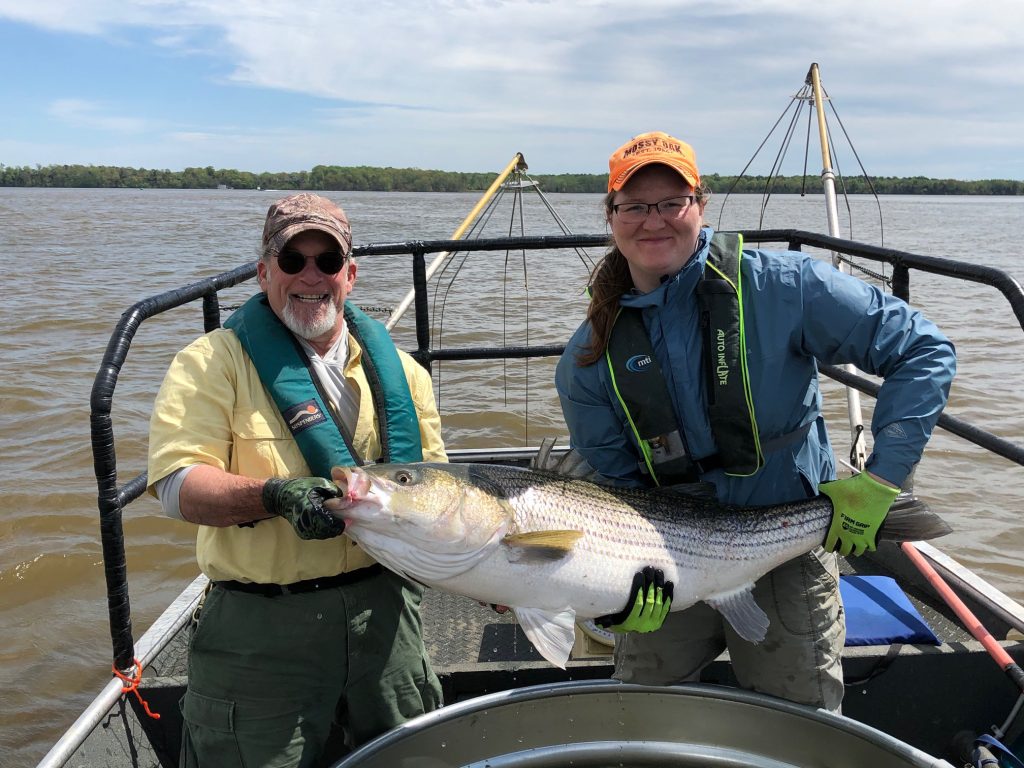Clarkson Biology Professor Tom Langen and five of his students recently published a paper that can serve as a how-to guide for students to become professional ecological field technicians. The article, published by the Ecological Society of America (ESA), investigates what it takes to be a professional ecological or environmental technician, or else how to supervise a team of field techs. This is an impressive accomplishment for Langen’s students, who are either former or current students of his from Clarkson.

Langen got the idea for this article when former student Wil Halstrom contacted him to ask how to get an ecological job. “He wanted a job as an ecology field technician, and was having trouble landing a job,” Langen said. “He wanted advice.” Dr. Langen then contacted some former students to see if they could help Halstrom, and they gave him much more information than he had anticipated. Langen realized that he needed to document the responses.
Professor Langen took the word “advice” to a new level, and decided to write a paper with his former students, who had all been Clarkson undergraduate or graduate students who had a common interest of working in ecology. Dr. Angelena Ross, Alicia Lamb, Wil Hallstrom, Jesse Boulerice, and Jessica Beach were selected for their field experience and their “interesting professional stories.”
The article, titled How to be a Professional Ecological Field Technician or an Effective Supervisor of Them, describes the challenges and rewards of being an ecological field technician, as well as tips on the attitude and mindset to supervise them. They discuss issues related to compensation, health and safety, team dynamics, and work expectations. They also provide tips on how to prepare for and land a job in the field. The authors write, “we are optimistic about the direction our profession is moving and about the opportunities for the next generation of ecology and natural resource field technicians.”
The writers of this article wrote it for students and recent graduates, faculty advisors and mentors in the field of ecology, and supervisors of ecology field technicians. It is valuable to those who want to get experience as environmental techs and do not know what to expect in the workplace. It will assist advisors or mentors working with students of ecology and want to provide accurate information on the field. Supervisors will benefit from the tips given about leading a group of environmental field technicians.
Each author provided a biographical sketch at the end of the article about their professional story, what they now do, and why it is important to them. Dr. Langen is currently on the Ecological Society of America’s Education Committee, where they work on ways to prepare students with ecology degrees and interests for fulfilling careers. Jessica Beach, CU class of 2015, majored in biology during her time at Clarkson, and enjoys working for the conservation of fish and wildlife. Also a biology major, Jesse Boulerice graduated in 2007, and later received a Master’s in Wildlife Ecology. Alicia Lamb is working on her PhD from Clarkson in Interdisciplinary Bioscience and Biotechnology (IBB), working on STEM education and pedagogy research for her dissertation. In 2018, Dr. Angelena Ross earned a Ph.D. at Clarkson in IBB where her work focused on spruce grouse conservation. Finally, Louis (Wil) Hallstrom received his BS in biology from Clarkson in 2019, and in writing this article, finally got the answers he initially requested; he currently studies spruce grouse with Dr. Ross.
To read the journal article and the authors’ biographies, click here.


